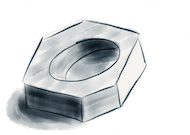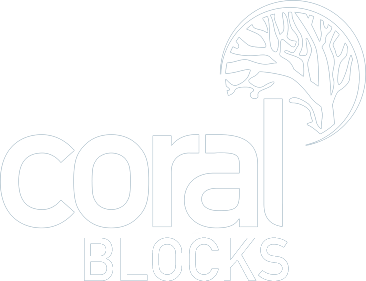All products developed by Coral Blocks have the very important feature of leaving ZERO garbage behind. Because the latency imposed by the Java Garbage Collector (i.e. GC) is unacceptable for high-performance systems and because it is impossible to turn off the GC, the best option for real-time systems in Java is to not produce any garbage at all so that the GC never kicks in. Imagine a high-performance matching engine operating in the microsecond level, sending and receiving hundreds of thousands messages per second. If at any given time the GC decides to kick in with its 1+ millisecond latencies, the disruption in the system will be huge. Therefore, if you want to develop real-time systems in Java with minimal variance and latency, the best option is to do it right without creating any garbage for the GC. In this article we will discuss best practices and how you can use Coral Blocks’ MemorySampler utility class to help you accomplish this critical goal. Continue reading
CoralBits

|
CoralBits is a collection of utility, data structures and instrumentation classes for real-time Java development. It provides a foundation for clean, simple and high-performance code with no GC overhead.
|
Jitter: A C++ and Java Comparison
In this article we write two equivalent programs in C++ and in Java that perform the same mathematical calculations in a loop and proceed to measure their jitters. Continue reading
Performance Analysis: comparing C++ and Java
In this article we write two equivalent programs in C++ and in Java, in exactly the same way to do exactly the same thing: the (in)famous bubble sort algorithm. Then we proceed to measure the latency. On this experiment, Java was faster than C++ even with the -O3 compiler option. Continue reading
